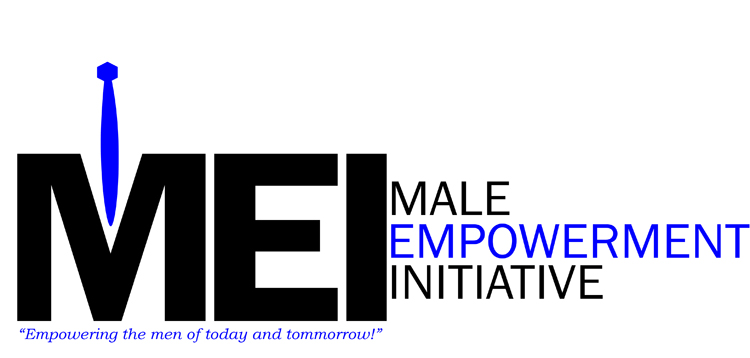
29 Sep The Impact of African American Teachers on the Success of Black and Brown Students
One teacher can affect the lives of hundreds — even thousands — of students. Black students deserve, at the very least, the opportunity to experience being taught, guided by and understood by the teacher at the front of their classrooms that can relate to them.
The first step? Black men realizing the importance of their role, and dramatically increasing the number of black male teachers.
Black primary-school students matched to a same-race teacher perform better on standardized tests and face more favorable teacher perceptions, yet little is known about the long-run, sustained impacts of student-teacher demographic match.

Two percent. That figure may seem insignificant, until you understand the context. Despite students of color representing more than half the student population, Black males make up a small percentage of the teacher workforce. So, as it happens, that statistic is very significant as this lack of diversity has negative implications for all students.
For years, Black males have been underrepresented in PK-12 education. While there have been many efforts to diversify classrooms by adding more Black male educators, there are still obstacles preventing us from successfully reaching this goal. Now these educators are speaking up and their voices are sounding the alarm for education diversity.
First, Black teachers are more likely to be familiar with the cultural needs of Black students, thus creating a space for positive academic achievement to occur.
Second, Black male and female students benefit from having a Black teacher, with research findings noting lower dropout rates, fewer disciplinary issues, more positive views of schooling and better test scores.
Finally, there is a theory Black educators—with a specific focus on Black male educators—have a positive impact on children of all races and the teaching profession as a whole, with many noting that the lack of a diversified teacher workforce continues to undermine egalitarianism within society through the reinforcement of persevering social inequalities and inequities.
While content knowledge is an important variable, prior research has found that students’ trust in teachers and the belief that teachers care about them (i.e., “ethic of care”) are strong variables for academic success, particularly among Black children.
Student learning can and should be measured in a myriad of ways, including grades and creative products and productions (e.g., essays, reports, oratorical contests, acting in plays, mathematical modeling, science fair projects, music, and artistic ability). In addition to academics, education should focus on the development of the whole child, which not only includes intellectual but psychological, social, and emotional growth.
MEI – “Empowering the men of today and tomorrow!”




